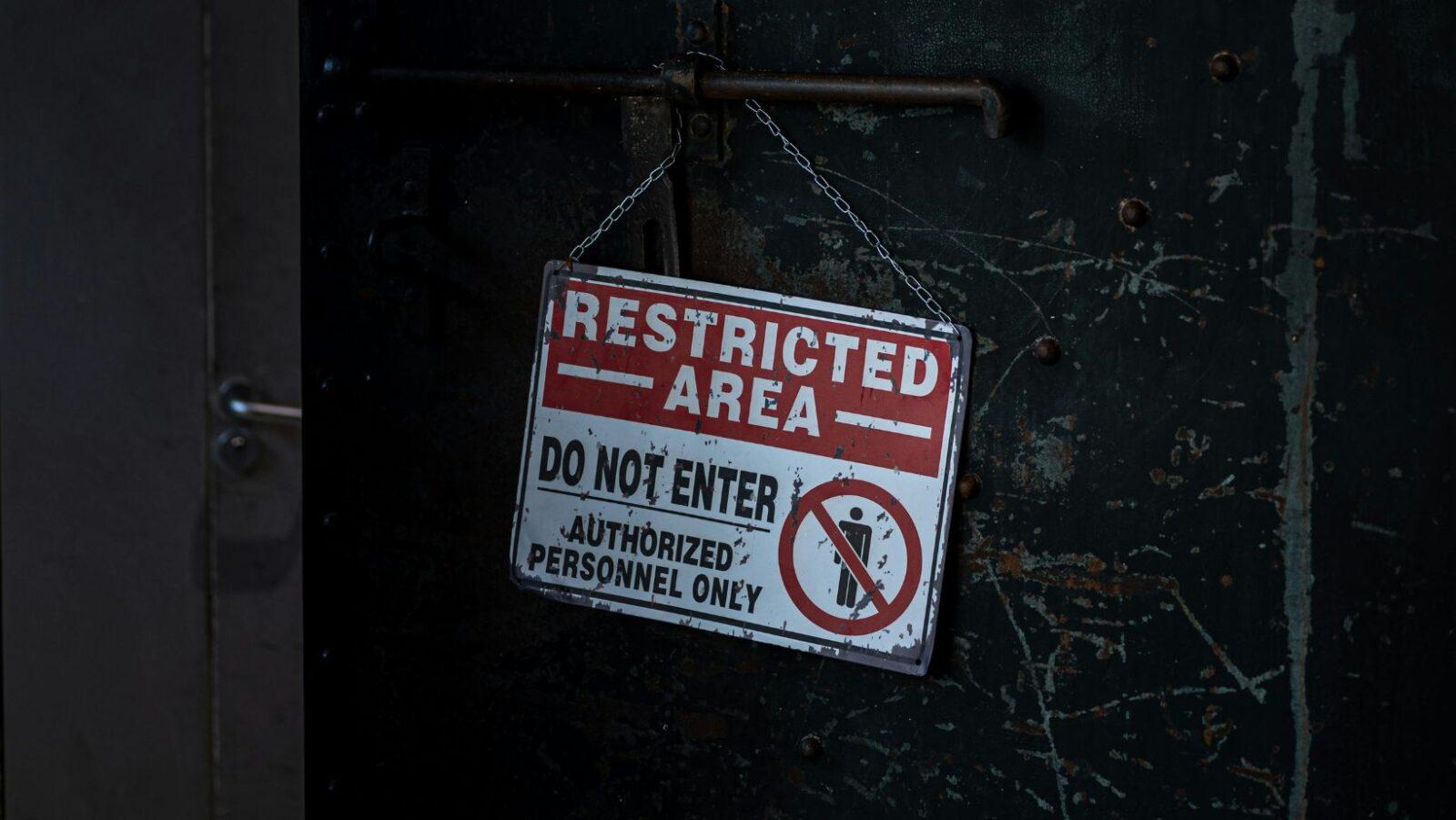•A newly published study claims that eating three or more eggs a week increases your risk of heart disease and dying early.
•However, due to contradictory findings across decades and the new study’s own limitations, these findings are far from indesputable.
•All things considered, there’s really no proven reason to stop having at least one egg a day for breakfast.
Surely, you’ve heard (or read) the news by now: Eating three or more eggs a week makes you more likely to either develop a cardiac disease OR die early. At least, that’s what a recent study published in the Journal of the American Medical Association (JAMA) supposedly claims.
Hold your horses (or perhaps, hens), though. Before you start wallowing in sorrow and self-pity at the thought of not eating at least one delicious (and nutritious) egg a day, you’ll want to read this first.
Walking on eggshells
The somewhat tricky (albeit fun) thing about science reporting is that it requires at least three things: A willingness to ask questions, a decent–or at least satisfactory–grasp of the material, and the ability to walk the fine line between “overly scientific” and “oversimplified.”
Take eggs, for example. Whenever someone feels like it’s make-fun-of-science-o’clock already, their go-to example tends to be researchers’ allegedly wishy-washy stance on eggs. That’s not to say that such criticism is completely unfounded, though. In fact, if we take all the studies conducted over the past few decades, we’d see a confusing pattern.
At one point, eggs were bad because they supposedly raise your cholesterol levels. Many also associated the consumption of raw eggs with rising salmonella cases, despite the fact that it was in broilers — fowl bred specifically for their meat — where they found the highest rate of infection.
Then, at the turn of the century, eggs were suddenly good again; studies found no relationship between egg consumption and cardiovascular disease. In fact, other studies showed that consuming more eggs actually lowered heart disease rates in China and Japan.
And then… boom. Now, it looks like we’re back to “eggs will kill you.”
Or are we?
Eggs-tensive research
Don’t get us wrong: the new JAMA study certainly looks solid.
After monitoring 29,615 participants in the United States across 31 years, researchers said that consuming over 300 milligrams (mg) of cholesterol per day can increase the risk of heart disease and early death by 17 percent and 18 percent, respectively. (For comparison’s sake, an average-sized egg yolk has a little over 180 mg of cholesterol.) If you were to eat two eggs a day, you’re supposedly raising your chances of getting heart disease (27 percent) and dying early (a whopping 34 percent).
Meanwhile, eating three to four eggs a week was linked to a 6 percent increase in cardiovascular disease risk, as well as an 8 percent higher chance of dying early.
In fact, according to the researchers, there isn’t a “safe” number when it comes to eating eggs. “Any level of egg consumption is associated with increased risk of cardiovascular disease and mortality, because we found a dose-response association,” explained lead researcher Dr. Wenze Zhong in an interview with Runner’s World. “Greater consumption means higher risk.”
Interestingly, the risk the researchers found was much higher than expected, based on current knowledge about eggs and blood cholesterol. Unfortunately, that little detail (among many others) reveals the possible cracks in this study.
A scrambled message?
As an article on The Conversation explains, it’s one thing to look at how many eggs a person eats in a day or a week — and another thing entirely to consider what the person eats with the eggs. Americans are well-known for eating greasy, oily, and generally unhealthy foods (think processed or deep-fried meats) alongside their sunny-side-ups.
Simply put, it’s difficult to gauge the impact of just the eggs on the participants’ increased disease and death risks. After all, the American breakfast menu isn’t necessarily the kind of diet everyone else around the world follows.
Another thing: As the researchers themselves revealed near the end of the study, the “follow-up” was basically a self-assessment questionnaire. For each participant, the researchers only administered it once in 17 years. This is problematic, not just because we aren’t exactly the most objective judges of ourselves, but also because these tiny details are hard to recall even after the slightest amount of time has passed.
As Dr. Steven Gundry of the International Heart and Lung Institute succinctly puts it: “That is equivalent to asking if you ever ate french fries at [a] fast food joint, just once 17 years ago.”
It’s also rather telling that the findings of this new study go against other studies that involved multiple follow-ups over a certain period of time. From 2013 to 2018, numerous studies found no link between eating eggs and a heightened risk of coronary heart disease.
A reasonable eggs-planation
The last point is something you’ve probably heard in one of your many science or statistics classes: “Correlation does not imply causation.” In other words, just because two things seem to be associated doesn’t mean one caused the other.
Our take? Stick to one egg a day at most — make it hardboiled, if your lifestyle isn’t exactly what you’d call “active” — and you should be fine.
Cover photo: Pexels
References
- https://edition.cnn.com/2019/03/15/health/eggs-cholesterol-heart-disease-study/index.htm
- https://jamanetwork.com/journals/jama/article-abstract/2728487
- https://theconversation.com/eggs-and-health-unscrambling-the-message-113683
- https://www.bustle.com/p/eating-eggs-was-linked-to-higher-cholesterol-early-death-but-heres-why-experts-say-not-to-worry-16967153
- https://www.ncbi.nlm.nih.gov/pubmed/23295181
- https://www.runnersworld.com/news/a26868477/are-eggs-healthy/
Author: Mikael Angelo Francisco
Bitten by the science writing bug, Mikael has years of writing and editorial experience under his belt. As the editor-in-chief of FlipScience, Mikael has sworn to help make science more fun and interesting for geeky readers and casual audiences alike.







